
Most executives say they continue to see issues, and shortages have delayed some procedures, analysts say. Hospitals are taking new approaches to ensure they have what they need.

Most executives say they continue to see issues, and shortages have delayed some procedures, analysts say. Hospitals are taking new approaches to ensure they have what they need.

Gov. Kathy Hochul is pushing legislation to prevent health systems from suing patients below certain income limits to collect medical debts.

Hundreds of cyberattacks took place over the past year, and some affected millions of Americans.
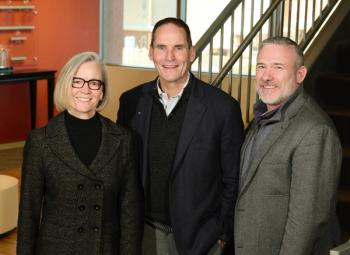
BJC HealthCare and Saint Luke’s Health System officially joined forces on Jan. 1. The merged organization operates 24 hospitals and will be known as BJC Health System.
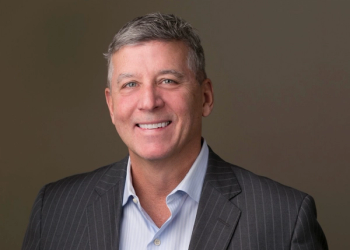
Balancing increasing demand, workforce challenges and new technology with a new model of whole person care.

These episodes of the Data Book podcast gained the most attention over the past year.

These stories focused on patient care resonated the most with readers.

Oregon passes a law setting minimum staffing levels for nursing, the end of the public health emergency, and other stories gained wide attention.

With more patients wanting care on an outpatient basis, health systems need to shift their focus and plan for a future where fewer people want to be in the hospital.
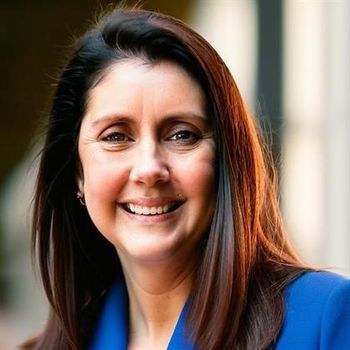
Health system administrators may find that 2024 is the year they can drive down overall spending through looking at the ER discharge process, “meds to beds,” and the role of the outpatient pharmacy.
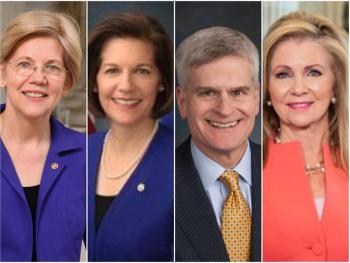
A group of Democratic and Republican senators wants CMS to collect more data on prior authorization denials. Hospitals have said they’re seeing more denials from MA plans.

Health systems have objected to a provision for ‘site-neutral’ Medicare funding, which they say would hurt hospitals. They welcome language delaying cuts in Medicaid funding.

To cut costs, health systems may outsource, or even offshore, functions such as revenue cycle management and billing, Deloitte projects. Most hospital leaders expect continued workforce challenges.

The Children’s Hospital Association says most hospitals are worried about a lack of resources for patients with mental health needs. Many are also struggling with labor costs.

Nonprofit health systems will likely wrestle with higher labor costs and revenue difficulties. Suzie Desai of S&P talks about those headwinds and other challenges ahead for hospitals.

Many health systems will continue to wrestle with staffing challenges, volumes, and debt concerns. Kevin Holloran of Fitch Ratings tells us why he expects another difficult year.

The watchdog group unveiled its top hospitals and top ambulatory surgical centers for 2023.
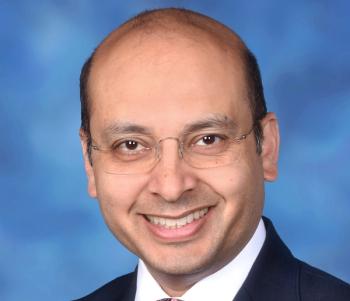
The northern Virginia system has high hopes for the donation. Shashank Desai of Inova talked with us about improving care and expanding prevention efforts.
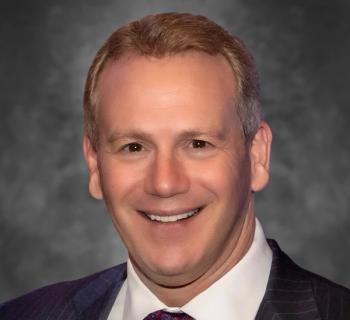
The CEO of AtlantiCare in New Jersey, Michael Charlton talks about the need to get around the organization and talk with staff.
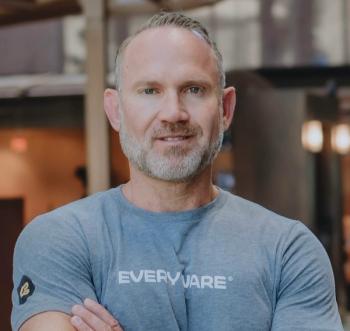
Services such as Buy Now, Pay Later and Pay-Over-Time are helping people afford healthcare services that were out of reach, Austin Talley writes.

The Business Group on Health unveils its trends to watch in the coming year, and employers are worried about controlling costs and getting a good return on their investments.

The multi-year project will feature new technology and the ability to adapt for future needs, officials say.
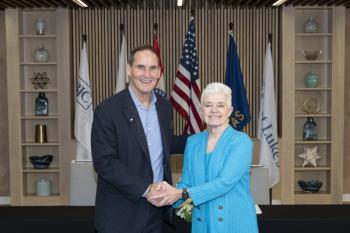
The two Missouri-based systems will form a combined system with 28 hospitals. The deal is expected to close by Jan. 1.

Health systems are seeing gains, particularly in outpatient revenue, according to the latest National Hospital Flash Report.

Health systems say they are seeing more denials, and they worry the plans are going to skirt federal regulations in reviewing hospital admissions.